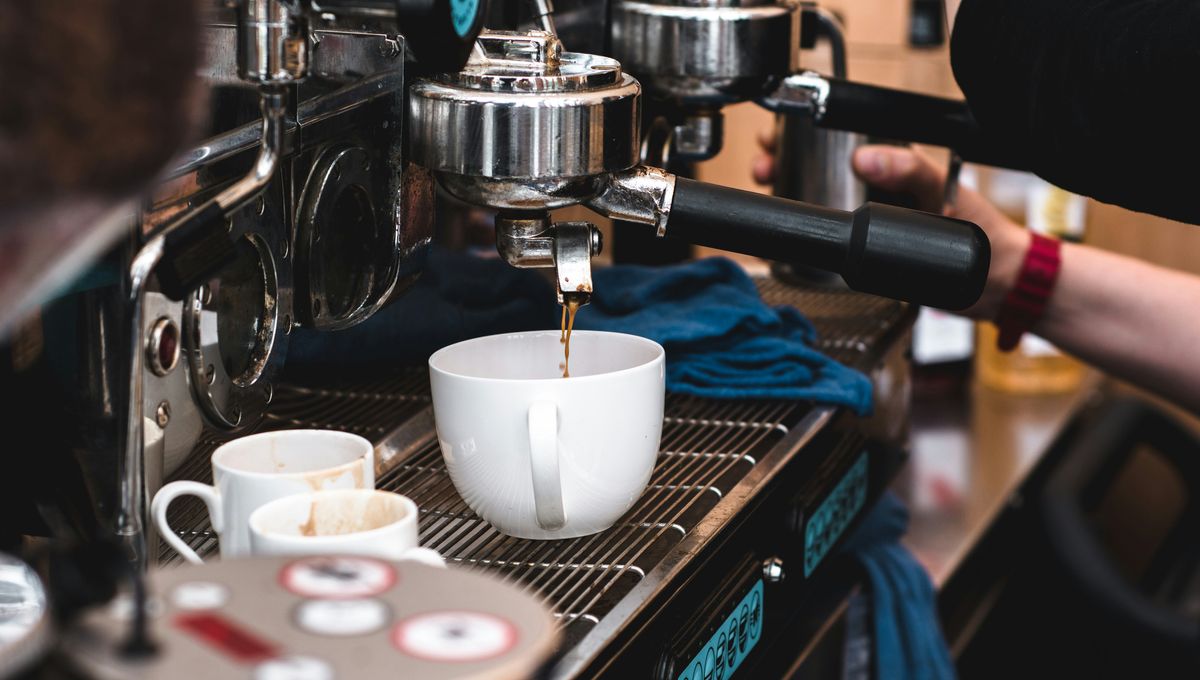
Mormons don’t drink coffee or tea because of guidelines set out in the “Word of Wisdom”, a health code that Joseph Smith, the founder of Mormonism, claimed he received from God in 1833.
It essentially argues that Mormons should take care of their health by regularly exercising, practicing proper hygiene, and eating nutritious food – the body is a temple, so they say.
According to this divinely inspired health regime, the diet of a good Mormon should be rich in grains, which are “the staff of life,” while fruit and vegetables should be enjoyed “with prudence and thanksgiving.” Meat is fine, but it should be “used sparingly.”
Alcohol, tobacco, and other “harmful substances” are completely off the menu. It notes: “strong drinks,” meaning booze, “are not for the belly, but for the washing of your bodies.”
Then comes the curious line: “And again, hot drinks are not for the body or belly.”
This has been widely interpreted by Church leaders as a ban on the drinking of tea and coffee (and, presumably, on bathing in them too).
Bans on alcohol, smoking, and other drugs were in tune with the broader context of the early 1800s, a period strongly influenced by the temperance movement, which decried drunkenness as a driving force behind the social ills of modernity’s booming cities.
However, the rationale behind the hot drink prohibition isn’t explained in the original text, leaving some room for uncertainty in the rules. For instance, do herbal teas count? What about chilled sodas loaded with caffeine? Did Joseph Smith consider the decaffeinated iced latte?
Church leaders have previously been questioned about the official position on these gray areas, and for years, there was debate over whether Mormons could drink caffeinated sodas, like Coca-Cola and Dr Pepper. Today, most interpretations suggest that caffeine is perfectly acceptable in moderation.
Hot drinks, with the exception of tea and coffee, are also not heavily stigmatized in the religion. Anecdotal reports say Mormons happily enjoy hot chocolate, cocoa, and hot apple cider (provided in its non-alcoholic form), although iced tea and iced coffees remain strictly taboo.
These attitudes are a relatively recent breakthrough, though. A 2012 press release from the Church quietly mentions that “the Church revelation spelling out health practices (Doctrine and Covenants 89) does not mention the use of caffeine.”
Surely by no coincidence, this was around the same time that Mitt Romney, former Republican presidential nominee and prominent Mormon, was occasionally seen with a caffeinated Diet Coke in his hand, much to the confusion of outside observers.
It was not until 2017 that Brigham Young University, the flagship university of the Church of Jesus Christ of Latter-day Saints in Utah, started serving caffeinated sodas in its cafeterias. This doesn’t mean students were permitted to chug endless energy drinks to make it through their all-nighters in the library, but perhaps that’s understandable from a scientific perspective, too.
Source Link: Why Can't Mormons Drink Coffee?